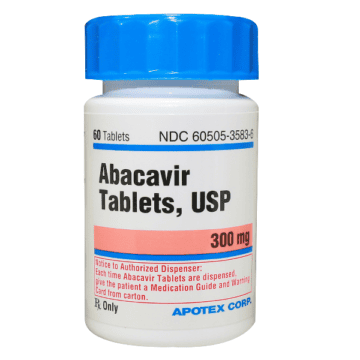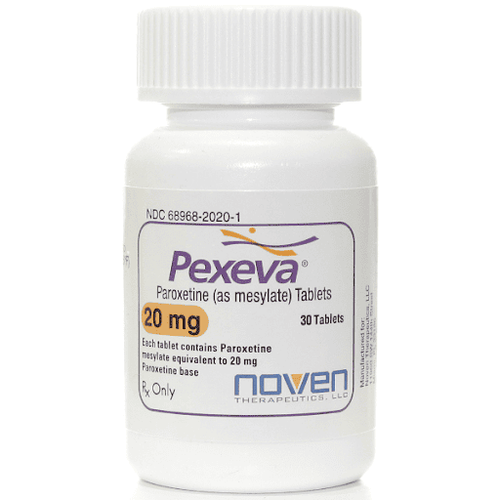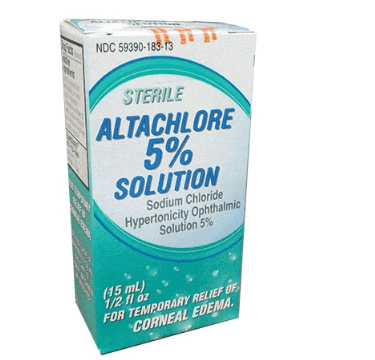This is an automatically translated article.
There are people who like the kitchen sink to always be clean and shiny, the house must always be neat and clean, and no matter how much cleaning, it can never be clean enough. However, being so clean is not necessarily a good thing and could be suffering from obsessive-compulsive disorder (OCD). So is the obsession with cleanliness a disease?To answer the question of whether or not cleanliness is a disease, it is important to first understand what OCD is - and why some people with OCD are obsessed with cleanliness.
The relationship between OCD and cleaning up depends on obsessions (recurring, intrusive thoughts) and compulsions (repetitive behaviors or actions).
Obsession in the head and compulsion to take action are intertwined in OCD and they motivate the patient to want to clean things over and over again.
1. What is the link between cleansing and OCD?
OCD is a disorder in which people often experience disturbing thoughts. In response to these unwanted thoughts, people with OCD may feel intense urges to repeat certain actions. Actions can be physical (such as arranging objects in a particular order) or mental actions (such as praying in your head in a particular way).Some people feel that completing these actions neutralizes the threat, stops the obsessive thoughts in their heads, or relieves the anxiety that unwanted thoughts "lurk" forever.
Obsessive-compulsive disorder can affect a person's daily life, study, and work. The need to correctly perform compulsions can cause serious anxiety.
Therefore, the patient is not simply a desire to work or live in a clean environment or a preference for neatness, but it is also related to the "discomfort" in the head that has to be cleaned and tidyed up. specific areas or objects to “liberate” thought.
2. What are the symptoms of OCD?
OCD symptoms include not only obsessions and compulsions, but also anxiety. You may feel stressed at times when you feel out of control.When you have obsessive-compulsive disorder with the need to clean or fear of contamination - cleanliness disease, the patient may have the following symptoms:
Feeling disgusted or afraid of certain objects or substances , including dirt, disease, bodily secretions, trash or chemicals Needing to wash hands or shower frequently Find ways to clean yourself or the area you live in (house, floor, etc.) tables and chairs,...) Change, wash clothes several times a day Refusing to allow others to enter your space which is considered clean and safe.

Người bệnh OCD có thể cảm thấy căng thẳng những lúc cảm thấy mất kiểm soát
3. What type of OCD influences “clean disease” behavior?
Obsessive-compulsive disorder behavior causes similar behavioral anxiety. Here are some common symptoms:Fear of objects that are thought to be highly infectious Some people are extremely afraid of infection by bacteria, bodily fluids or other substances. Patients even fear that they are infecting others with the bacteria.
Obsession about infectious bacteria leads to forced cleaning. The sick person may believe that by cleaning objects or spaces in a particular order or with a particular frequency, they can avoid or overcome an infectious agent or viral infection.
Requires proper order Some people become preoccupied with putting things in a certain order. For example, people with OCD might think, “If I don't stack my toiletries this far apart, someone will hurt me today, or if I clean my sink. five times this morning, my brother won't get sick today..."
Researchers have found that people with symmetry phobia and compulsions often have difficulty when expressing common anger and may have a history of self-injury
Suspicion of harm and examination Some people have fearful thoughts about harming others or others harming themselves. Excessive fear and anxiety about being held responsible for harm can lead to compulsions to check - eg: Constantly making sure you've turned off the stove or iron, coming back again and again just to make sure the door is locked...
Other common compulsions include repeating prayers or safe words over and over to avoid danger or reduce anxiety. and miss Self-reported, compulsive testing is associated with anger and trauma.
Unusual thoughts Some people regularly experience intrusive thoughts about things that violate their sense of morality and kindness. Often, these unwanted thoughts are related to sex, violence, or religious images.
Although people with this cluster of symptoms generally do not have a history of violence, they spend a lot of time and energy trying to suppress or clear these thoughts from their heads. Trying to squeeze out thoughts can lead to further anxiety, which tends to create more unwanted thoughts

Người bị ám ảnh về sự sạch sẽ cực kỳ sợ lây nhiễm bởi vi khuẩn
4. Can OCD or obsession with cleanliness be prevented?
Seeing a psychologist for early diagnosis and intervention can help the person figure out how to “cope” with the difficulties this disorder can cause by:Helping the person gradually practice coping with stressful, fearful situations - both in the imagination and in real life.
Drug treatment Your doctor may prescribe antidepressants to relieve OCD symptoms. Some of the more common medications prescribed for OCD are:
Anafranil Fluvoxamine Paxil Prozac Zoloft Be careful not to stop taking it suddenly, because in some cases it can cause:
Recurrence of symptoms Symptoms Causes severe changes in mood Increases risk of suicidal thoughts Deep brain stimulation
Your doctor may recommend deep brain stimulation (DBS) if drug treatments don't work. During deep brain stimulation, doctors implant electrodes into targeted areas in the brain. The electrodes generate electrical impulses that can help change thinking and behavior.
Conclusion: Obsession with cleanliness is a disease?
Being a perfectionist in cleaning, wanting everything to be organized does not necessarily mean having OCD. People with OCD experience persistent intrusive thoughts in their heads and are forced to perform certain ritual behaviors. Compulsory cleaning is often associated with a fear of contamination, and forced placement may be due to the need for balance and balance.
This disorder can be treated with therapy, medication, and procedures that stimulate the parts of the brain that are identified as affected by the disorder. If diagnosed early and the patient actively cooperates with the doctor on the treatment regimen, it will help improve the condition.
Please dial HOTLINE for more information or register for an appointment HERE. Download MyVinmec app to make appointments faster and to manage your bookings easily.
Reference source: healthline.com












